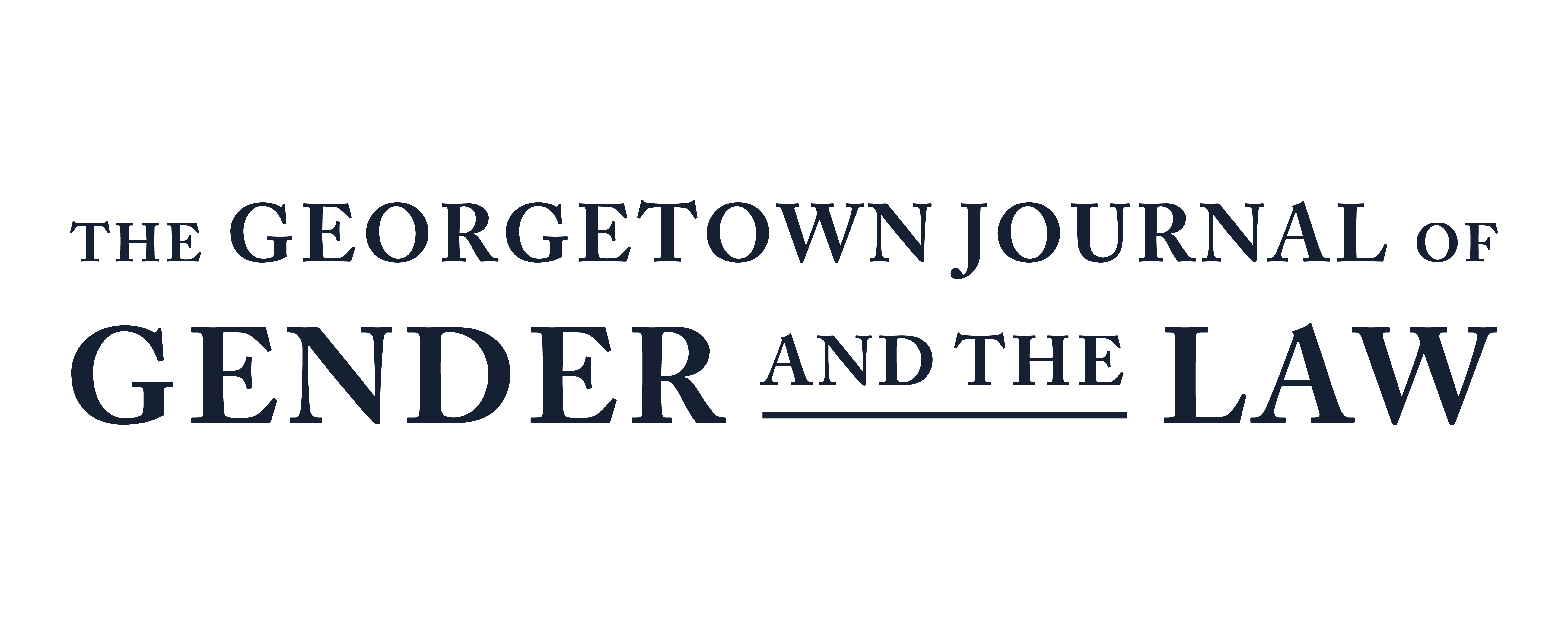Queer Accommodations
Ever since the American Psychological Association’s publication of the fifth edition of its Diagnostic and Statistical Manual (DSM-5) in 2013, wherein it embraced a diagnosis of gender dysphoria in lieu of gender identity disorder, a doctrinal debate has been reignited in the courts: can gender dysphoria be a “disability” or a “handicap” under accommodations mandate statutes like the Americans with Disabilities Act of 1990, the Rehabilitation Act of 1973, or their state and municipal analogs? Yet, understandably, this debate has focused on whether gender dysphoria fts under the umbrella of these legal terms of art, not the incredible variety of work accommodations that queer identities necessitate. This article seeks to explore that terrain by explaining the sorts of accommodations needed not only by workers with gender dysphoria, but by queer workers writ large.
It begins by briefly recounting the development of the debate over gender dysphoria as a “disability,” pre- and post-DSM-5. It then focuses on cataloging
queer accommodations, both real and theorized, and justifying why they are crucial to LGBTQþ1 workers. In doing so, it tells untold stories of queer workers and why their identities may require accommodations like being referred to by their chosen names, pronouns, and honorifics; using or eschewing gendered language; alterations to certain dress and grooming standards; access to bathrooms and other traditionally sex-segregated spaces; modifications to their job functions and physical workspaces; flexible work arrangements and leaves of absence; and changes to employee benefit plans and personnel policies. It concludes by reflecting on the breadth and depth of queer accommodations, predominantly by highlighting how queer accommodations further underscore the urgency of an equitable, universal accommodations mandate in work law.
Keep Reading Queer Accommodations
Subscribe to GJGL
